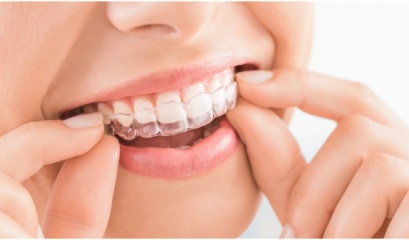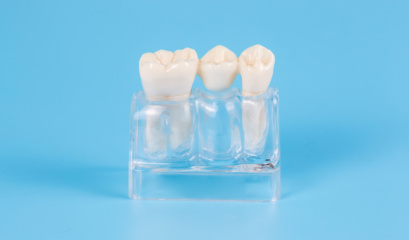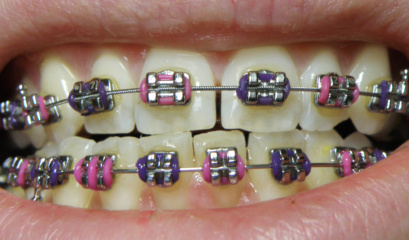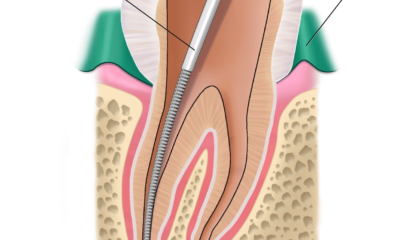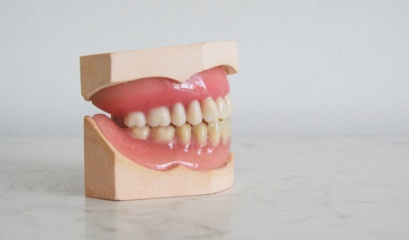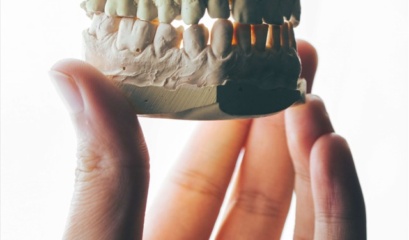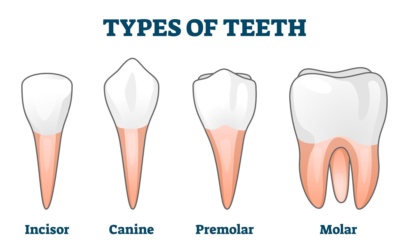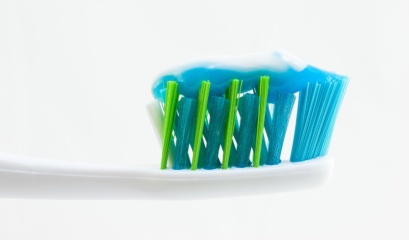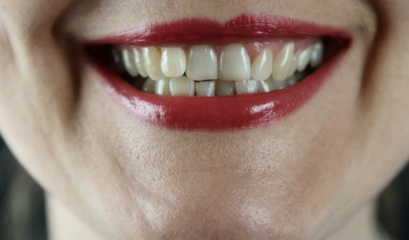If you’re experiencing sharp, unexpected pain when relishing your favourite ice-cold dessert or sipping a hot tea or coffee, you’re likely dealing with sensitive teeth.
Tooth sensitivity or ‘sensitive teeth’ is a prevalent issue with around 30% of Australians affected by it, and it can impact anyone. However, this discomfort shouldn’t dim your smile or your lifestyle. At Knight Street Dentists, we’re well-versed in the management and treatment of this condition, offering effective, personalised solutions to ensure your smile remains radiant and pain-free.
What Causes Sensitive Teeth?
Sensitive teeth can be caused by a variety of factors, all of which contribute to the exposure of the softer, inner part of your tooth known as ‘dentin.’ Normally, dentin is shielded by your tooth’s enamel, but when this protective layer is worn down or your gums recede, the dentin becomes vulnerable, leading to tooth sensitivity.
Enamel Erosion
Enamel erosion is a leading contributor to tooth sensitivity. Enamel, the hard, protective outer layer of your teeth, is one of the leading causes of tooth sensitivity. Enamel can be eroded by:
- Acidic foods and beverages like citrus fruits, tomatoes, and carbonated drinks
- Acid reflux, where stomach acid comes up into the mouth
- Excessive teeth grinding or clenching
- Brushing your teeth too hard or using a hard-bristled toothbrush
Gum Recession
Gum recession, another primary cause of tooth sensitivity, occurs when the gums pull away from the tooth, exposing the root surfaces, which are not protected by enamel. Factors contributing to gum recession include:
- Periodontal diseases
- Aggressive tooth brushing
- Age
- Insufficient dental care
Why Are My Teeth Sensitive All of a Sudden?
Teeth can become sensitive for a variety of reasons, such as:
- Using new dental products: Certain toothpastes and mouthwashes contain ingredients that could trigger sensitivity.
- Undergoing new dental procedures: Treatments such as teeth whitening, fillings, or crowns can temporarily make your teeth more sensitive.
- Undertaking diet changes: A recent increase in intake of acidic foods or beverages could lead to enamel erosion and sensitivity.
- Suffering from tooth damage: A chipped or broken tooth can expose the dentin, leading to sudden sensitivity.
While occasional sensitivity may not be a cause for alarm, if you’re experiencing persistent or severe discomfort, it’s crucial to seek professional help. Dental professionals like our Knight Street Dentists team can pinpoint the underlying causes and provide appropriate treatment plans.
How to Stop Sensitive Teeth Pain Immediately
Sensitive teeth can indeed be a nuisance, but there are immediate steps you can take to alleviate the discomfort:
- Use desensitising toothpaste: These are specially formulated to numb sensitivity.
- Avoid acidic foods and drinks: This includes citrus fruits, soda, and wine, which can exacerbate sensitivity.
- Use a soft-bristled toothbrush: This can help prevent gum recession and protect tooth enamel.
While these tips can provide temporary relief, it’s important to schedule a dental appointment if the sensitivity persists. Your dentist can provide professional treatment options and preventative advice.
Home Remedies for Sensitive Teeth
- Saltwater rinse: Salt is an effective antiseptic and can help to reduce inflammation. Mix a 1/2 teaspoon of salt in a glass of warm water and rinse your mouth twice daily.
- Honey and warm water: Honey is an antibacterial and can speed up wound healing, reducing pain and inflammation.
- Green tea: Used as a mouthwash twice daily, green tea can strengthen teeth and reduce inflammation.
It’s important to remember that while home remedies can help, they’re not a substitute for professional dental care. If you’re experiencing severe or persistent sensitivity, it’s best to book a consultation with your dentist.
How to Fix Sensitive Teeth
Fixing sensitive teeth often requires professional treatments tailored to the individual. Here are some options that could be explored:
- Fluoride application: A fluoride gel or varnish can strengthen tooth enamel and reduce the transmission of sensations.
- Bonding resin: Applied to sensitive root surfaces, this can alleviate discomfort.
- Surgical gum graft: This procedure can protect exposed roots and reduce sensitivity.
- Root canal treatment: If sensitivity is severe and other treatments are ineffective, a root canal may be recommended.
Regular dental care plays a crucial role in maintaining the health of your teeth and preventing sensitivity. Regular check-ups allow for early detection of issues that could contribute to sensitivity, such as gum disease or tooth decay.
Experiencing Sensitive Teeth After a Dentist Visit
It’s not uncommon to experience increased sensitivity after certain dental procedures, such as tooth extraction, root canal treatment, or placement of a new filling or crown. This is usually temporary and part of the healing process.
If sensitivity persists or becomes severe, it’s essential to get back in touch with your dentist. They may recommend desensitising products, prescribe a medicated toothpaste or gel, or further investigate to ensure there are no complications.
Why Choose Knight Street Dentists for Your Sensitive Teeth Concerns
Sensitive teeth can be more than just an occasional nuisance – it can impact your day-to-day life. But with the right knowledge, home care strategies, and professional help, it’s a condition that can be managed effectively.
When it comes to dealing with sensitive teeth, Knight Street Dentists offers a combination of experience, expertise, and a warm, patient-centred approach.
We offer an array of treatments, from fluoride applications and bonding to more advanced procedures like root canals.
Ready to say goodbye to tooth sensitivity? Contact us today to book your consultation – we can’t wait to help you smile with confidence again!







